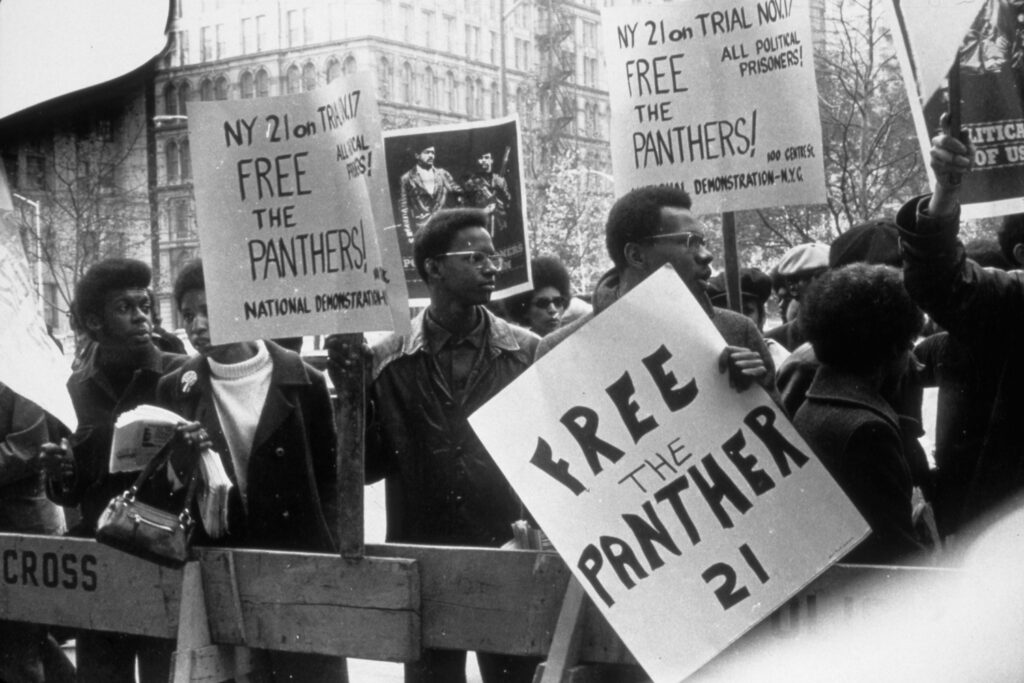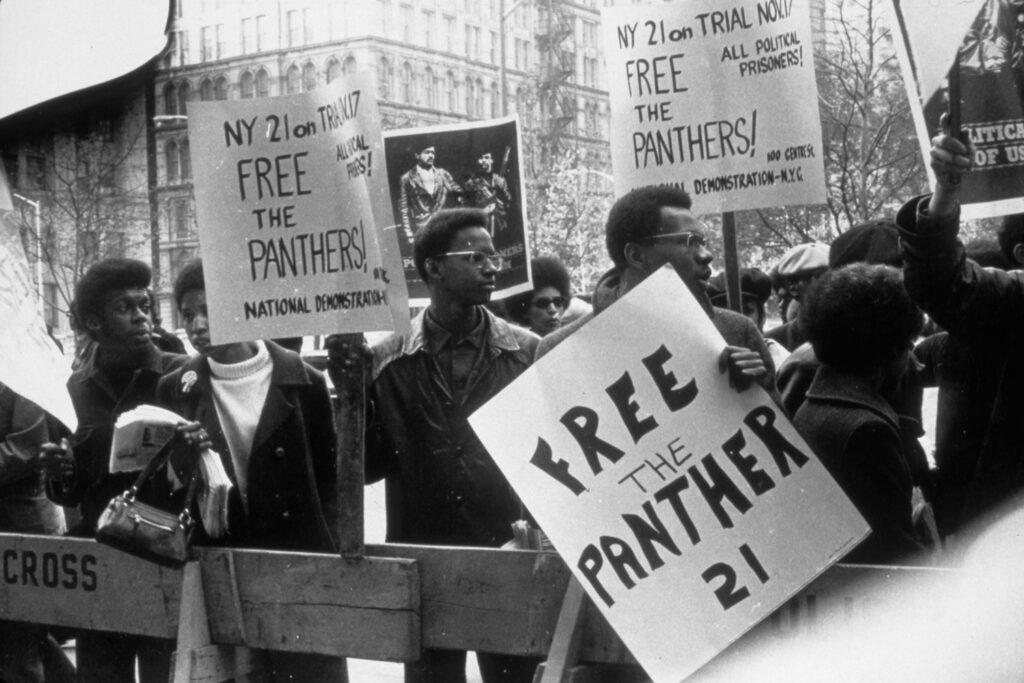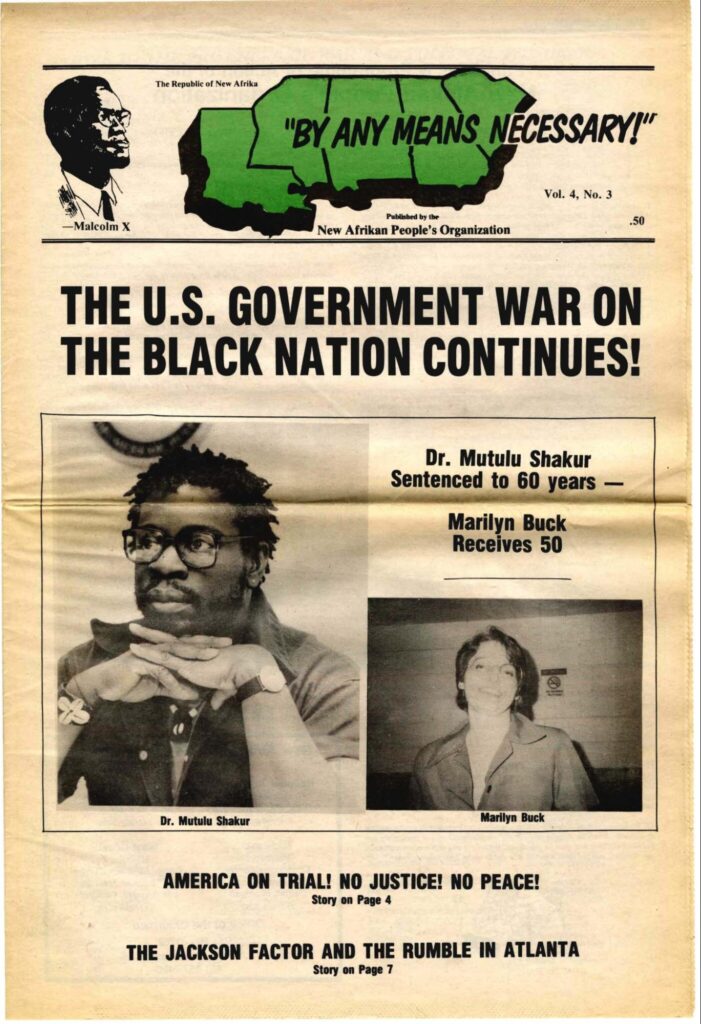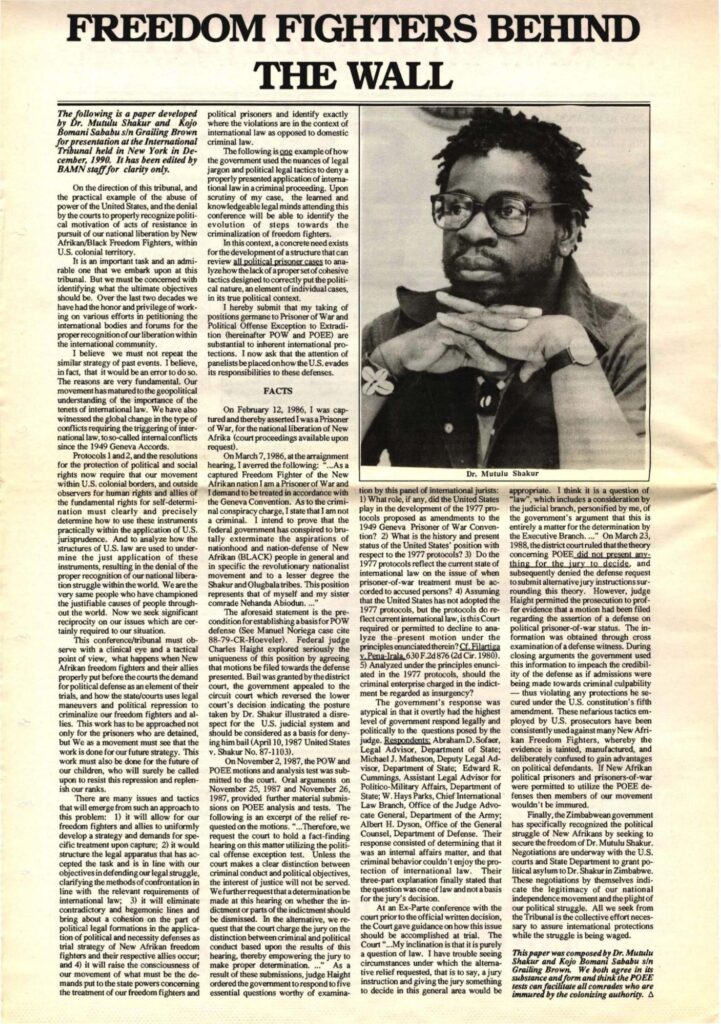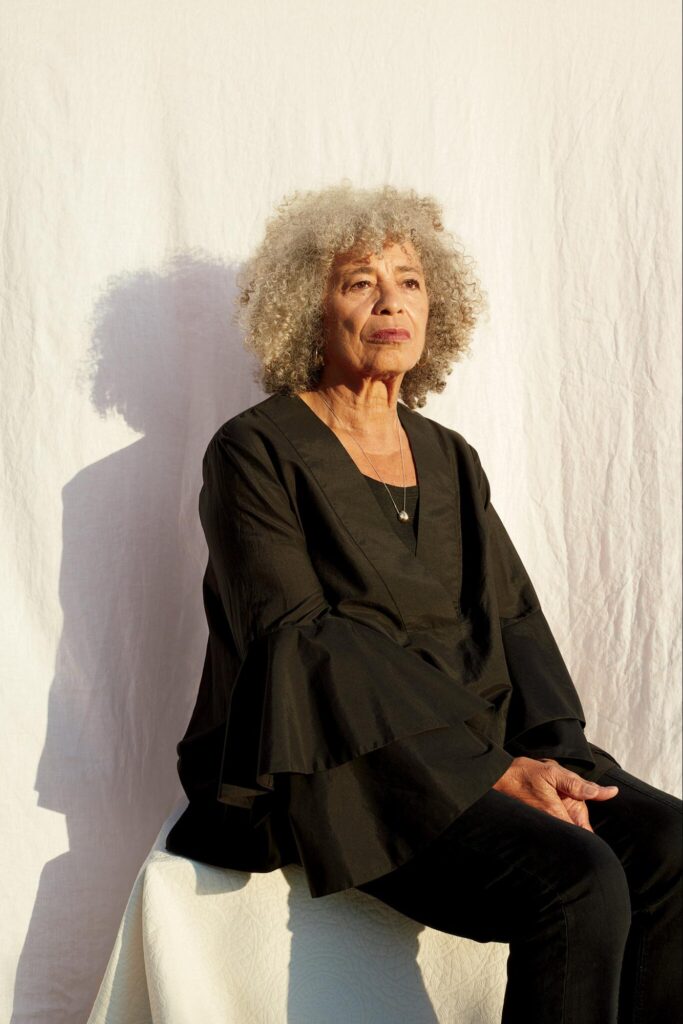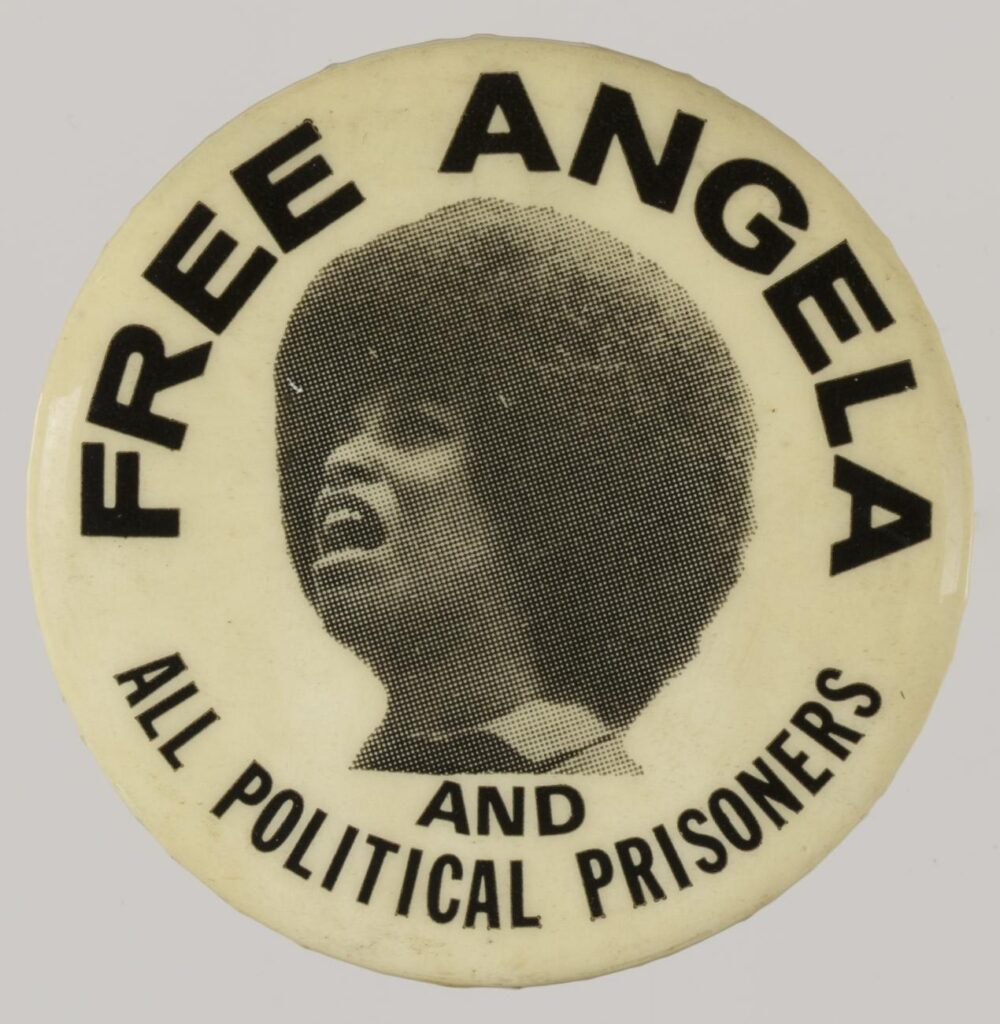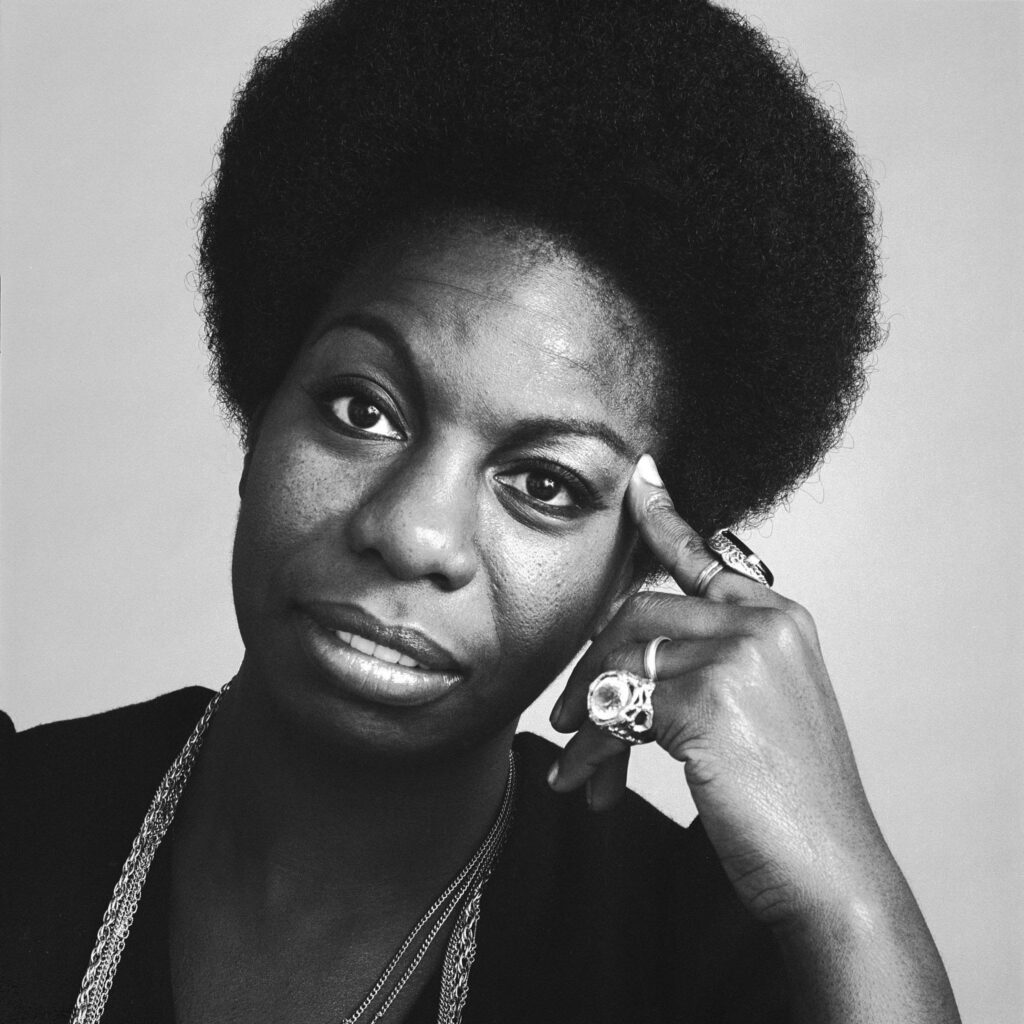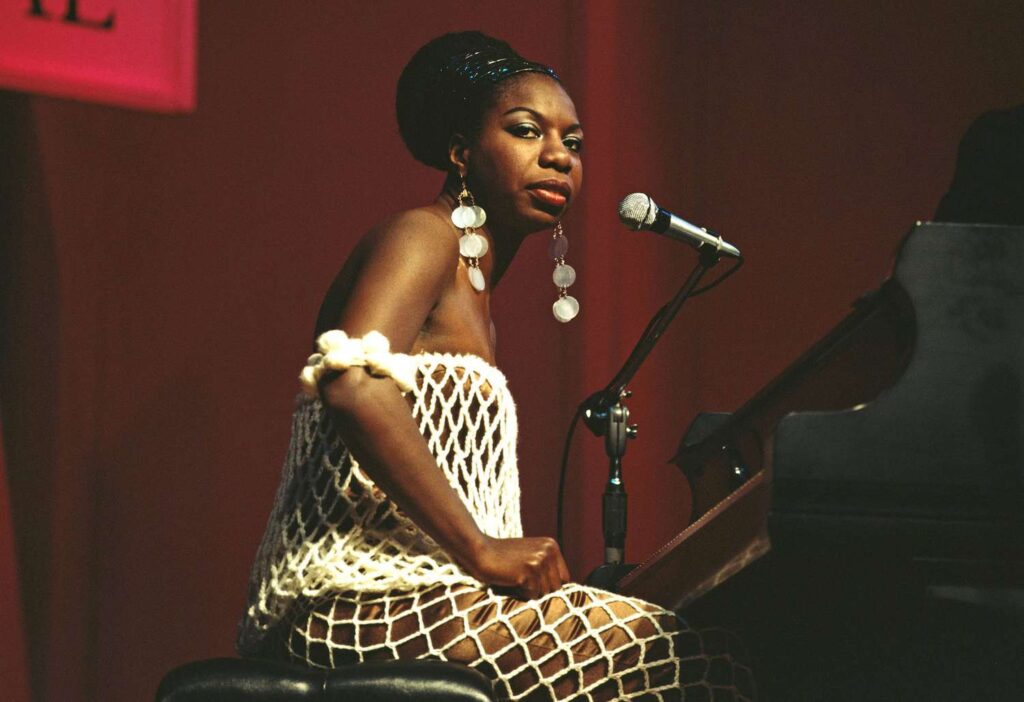SUNSET BABY:
A DEEPER DIVE
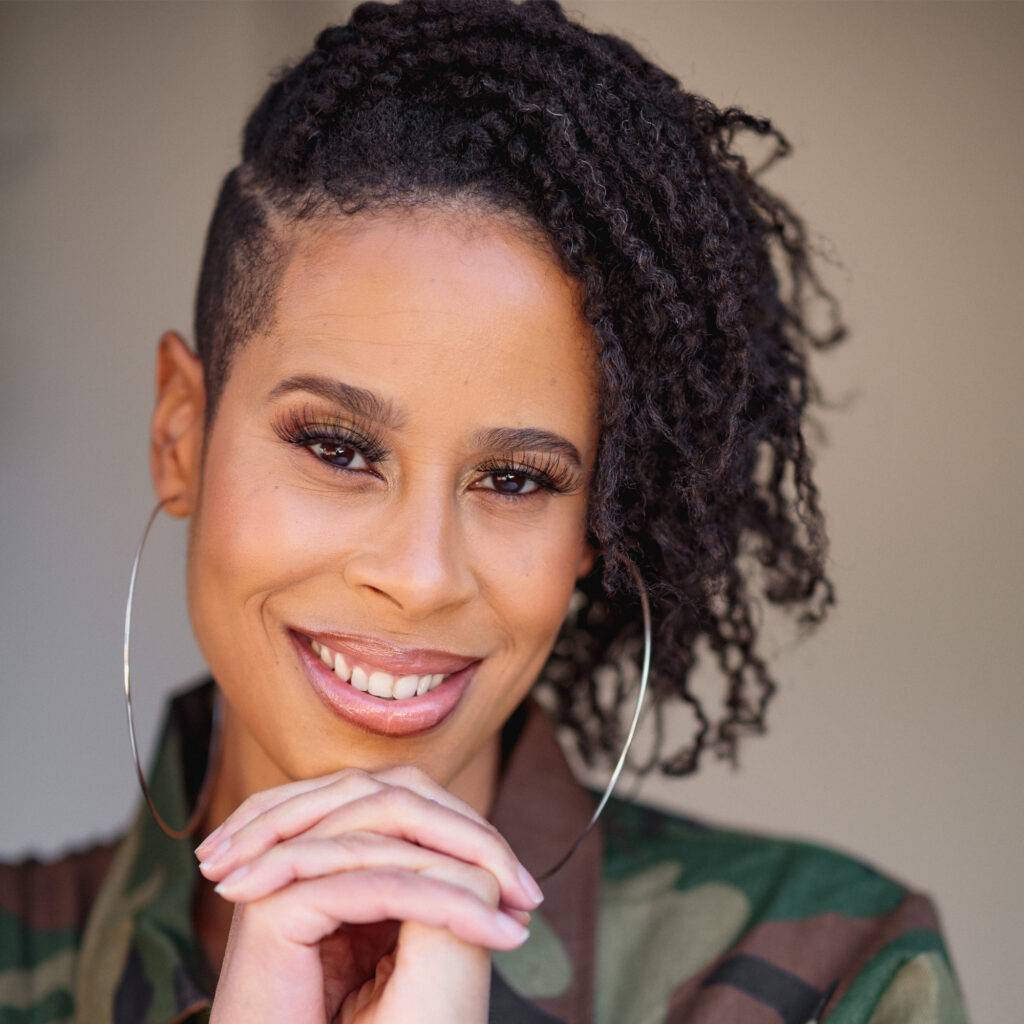
Dominique Morisseau portrait by Damu Malik
DOMINIQUE MORISSEAU
(Premiere Writer-in-Residence)
Dominique Morisseau is the author of The Detroit Project (A 3-Play Cycle): Skeleton Crew (Atlantic Theater Company/Broadway, Tony Award nom for Best Play), Paradise Blue (Signature Theatre), and Detroit ’67 (Public Theater, Classical Theatre of Harlem and NBT). Additional plays include: Confederates (Signature Theatre), Pipeline (Lincoln Center Theater), Sunset Baby (LAByrinth Theatre), Blood at the Root (National Black Theatre), and Follow Me To Nellie’s (Premiere Stages). She is the Tony Award–nominated bookwriter on the Broadway musical Ain’t Too Proud – The Life and Times of the Temptations (Imperial Theatre) and is currently working on her latest, Hippest Trip – The Soul Train Musical (ACT). TV/Film: Co-Producer on Shameless (Showtime), the film adaptation of the documentary STEP (Fox Searchlight), and consultant on the Netflix animated feature, Tunga. Awards include: PoNY Fellowship, TEER Trailblazer Award, Steinberg Playwright Award, Audelco Awards, NBFT August Wilson Playwriting Award, Edward M. Kennedy Prize for Drama, OBIE Award (two), Ford Foundation Art of Change Fellowship, one of Variety’s Women of Impact for 2018, and a MacArthur Genius Grant Fellow. In 2022, Dominique was awarded the key to the city by the Mayor of Detroit.
Premiere Residency
Geared towards creating new work, the Premiere Residency supports the development and production of several new plays by each resident playwright. In addition to Sunset Baby, Dominique’s Signature productions include Paradise Blue (2018) and Confederates (2022).
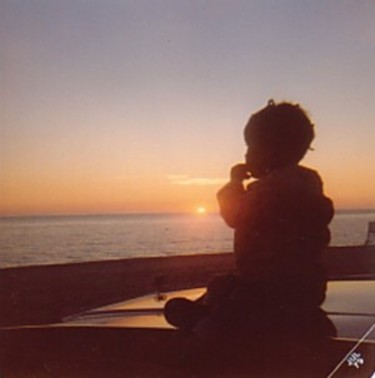
Dominique Morisseau at age 1. Photo by Dominique’s father, Frantz Morisseau.
– Dominique Morisseau
“When it comes to the topic of arts and activism, I’ve been wrestling with the idea of what this really means lately in my life; especially because my father’s birthday is the top of the new year, and it always has me reflecting on him and his influence on me. With the craziness in the world, I find myself restless and questioning – how did I get here? How am I the person that I am? I’ve called my mother many times, like, “Explain this to me. I’m trying to calm down; I’m not sure why I can’t calm down. Have I always been this agitated?” She reminds me that I have always been like this. My father was a revolutionary-minded man.”
Liberation Movements

“Black power [or Black Nationalism] emphasized black self-reliance and self-determination more than integration. Proponents believed African Americans should secure their human rights by creating political and cultural organizations that served their interests. They insisted that African Americans should have power over their own schools, businesses, community services and local government. They focused on combating centuries of humiliation by demonstrating self-respect and racial pride as well as celebrating the cultural accomplishments of black people around the world. The black power movement frightened most of white America and unsettled scores of black Americans.”
The Foundations of Black Power
THE BLACK PANTHER PARTY
Emboldened by the Black Power Movement and the assassination of Malcolm X, The Black Panther Party for Self Defense was created in 1966 by Huey Newton and Bobby Seale in Oakland, California. Notoriously known for challenging police brutality, their ideologies of Black nationalism and socialism, and armed self defense, local Black Panther Party chapters existed in major cities across America and focused on community “survival” programs that provided free food, clothing, education and transportation.
COINTELPRO
In 1969, J. Edgar Hoover, Director of the F.B.I, labeled the Black Panther Party “the greatest threat to the internal security of the country.” And so began a multi-pronged counterintelligence program known as COINTELPRO, designed to sabotage, infiltrate, criminalize, and ultimately undermine the efforts of The Black Panther Party, and other liberation efforts. Alongside the repeated arrests and imprisonment of activists, COINTELPRO operations led to the death of party members like Fred Hampton and the subsequent decline of the Black Panther Party in the 70’s.
“You can jail a revolutionary, but you can’t jail the revolution. You can run a freedom fighter around the country, but you can’t run freedom fighting around the country. You can murder a liberator, but you can’t murder liberation.”
Fred HamptonTHE BLACK PANTHER 10-POINT PROGRAM
- 1. We Want Freedom. We Want Power to Determine the Destiny of Our Black Community. We believe that Black people will not be free until we are able to determine our destiny.
- 2. We Want Full Employment for Our People.
- 3. We Want An End to the Robbery By the Capitalists of Our Black Community.
- 4. We Want Decent Housing Fit For The Shelter of Human Beings.
- 5. We Want Education for Our People That Exposes The True Nature Of This Decadent American Society
- 6. We Want All Black Men To Be Exempt From Military Service.
- 7. We Want An Immediate End to Police Brutality and the Murder of Black People.
- 8. We Want Freedom For All Black Men Held in Federal, State, County and City Prisons and Jails.
- 9. We Want All Black People When Brought to Trial To Be Tried In Court By A Jury Of Their Peer Group Or People From Their Black Communities, As Defined By the Constitution of the United States.
- 10. We Want Land, Bread, Housing, Education, Clothing, Justice And Peace.
LEARN MORE
- How The Black Panther Party Inspired a New Generation of Activists
- Why We Should Teach About the FBI’s War on the Civil Rights Movement
- The Black Panther Party: Challenging Police and Promoting Social Change
- The Black Panther Party – National Archives
RePUBLIC OF NEW AFRIKA

As the Black Panther Party declined, evolutions of the Black Panther Party school of thought, and the Black Power movement as a whole, rose. In march of 1968, over 500 Black nationalists gathered in Detroit to discuss a path for Black liberation in the United States. What resulted was the creation of a “New Afrikan Declaration of Independence” containing numerous proposals for Black reparations including the creation of a sovereign nation-state, the Republic of New Afrika (RNA), which encompassed a large portion of the South.
They were known for their slogan “free the land.”
(Birth of the New Afrikan Independence Movement: A Historical Overview)
BLACK LIBERATION ARMY
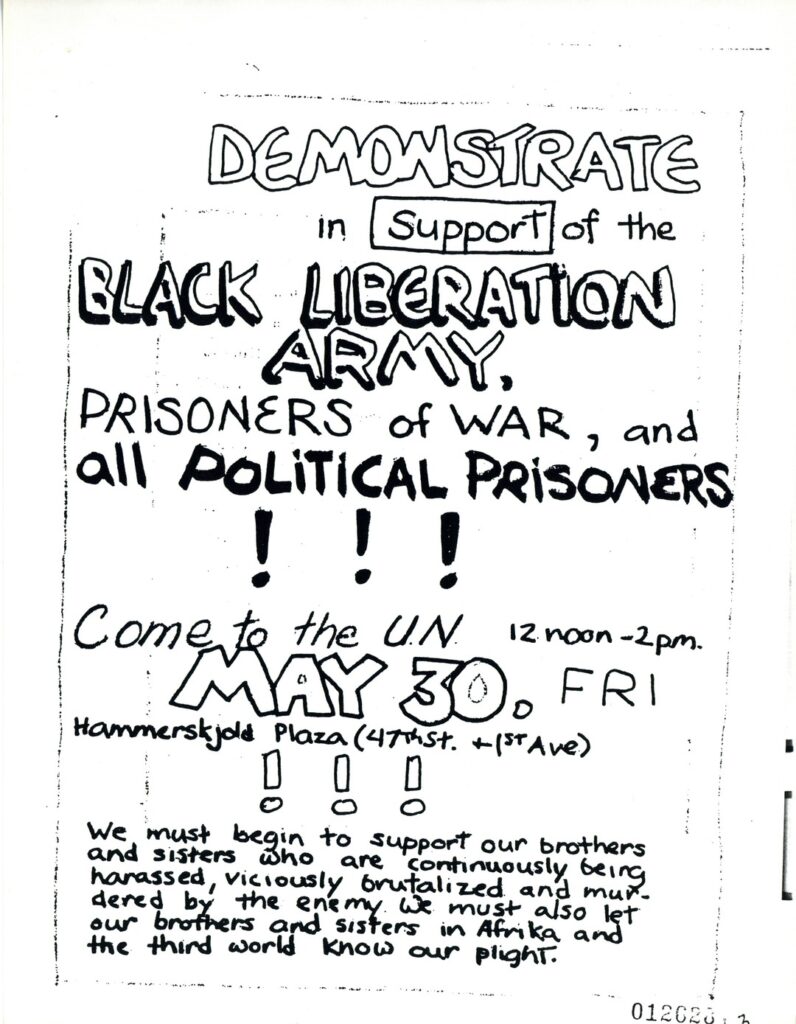
The Black Liberation Army was an underground, Black nationalist organization operating from the 1970’s to the early 80’s. Made up of members from the declining Black Panther Party and Republic of New Afrika, “… the Black Liberation Army was not a centralized, organized group with a common leadership and chain of command. Instead, there were various organizations and collectives working together and simultaneously independent of each other.”
(Assata Shakur in Assata: An Autobiography)
ActivistS, Black Revolutionaries, & Political Prisoners
“[There are] 19 black radicals… who are still imprisoned 40 or more years after they were arrested for violent acts related to the black liberation struggle. …[They] were all part of the 1970s black revolutionary movement. They fought for black power, they were convicted of killing for it – though many profess their innocence – and today they are still imprisoned for it.”
The Guardian (as of 2018)
ASSATA SHAKUR
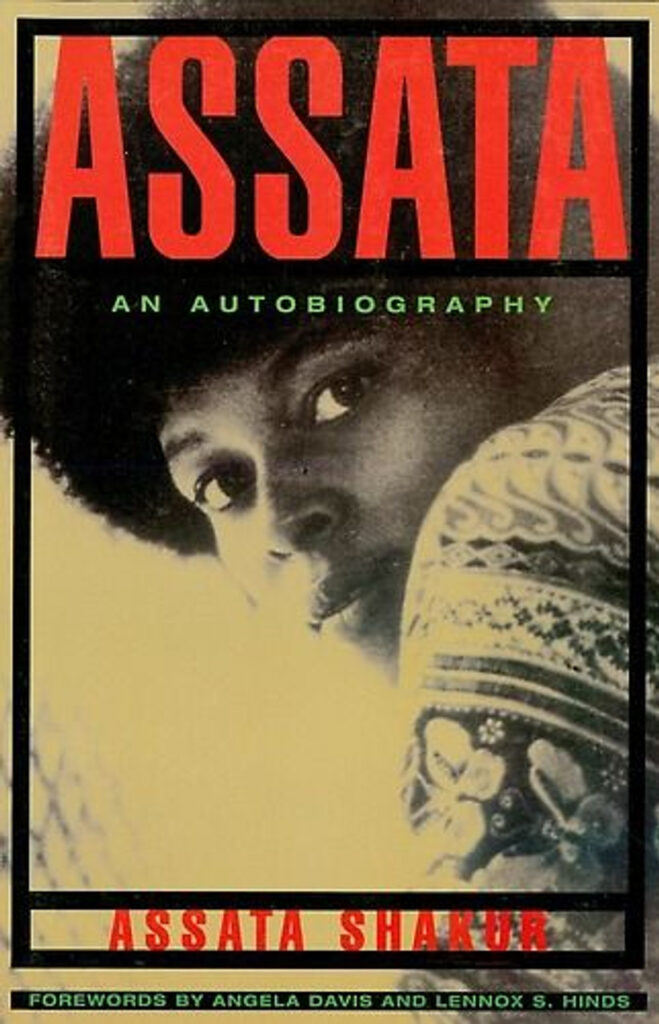
“It is our duty to fight for our freedom.
It is our duty to win.
We must love each other and support each other.
We have nothing to lose but our chains.”
ASSATA SHAKUR
Assata Shakur is an activist and well-known Black revolutionary. Like many revolutionaries in 1970’s, she was a frequent target of the police. After a 1973 shootout between the Black Liberation Army and police officers, Assata was convicted of first degree murder and sentenced to life in prison. In 1979, she escaped from prison and went to Cuba, where she was granted political asylum and has been living since. She is the first woman to ever be on the FBI’s “Most Wanted Terrorist” List.
“My name is Assata (“she who struggles”) Olugbala ( “for the people”) Shakur (“the thankful one”), and I am a 20th century escaped slave.”
ASSATA SHAKUR
LINKS
- Assata Shakur In Her Own Words
- Watch: Assata Shakur in Her Own Words: Rare Recording of Activist Named to FBI Most Wanted Terrorist List
Afeni Shakur
Afeni Shakur (1940-2016) was an activist, member of the Black Panther Party, and the mother of Tupac Shakur. Before becoming known as Tupac’s “mama”, Afeni was known in resistance circles as a writer, a fierce public speaker, and a part of the infamous “Panther 21” – a group of twenty-one Black Panther members, arrested and accused of planned coordinated attacks across New York City. They were all later acquitted and their trial became another example of local and federal efforts to dismantle the Black Panther Party. Four days after the acquittal, Afeni gave birth to Tupac.
“Lady, don’t cha know we love ya? Sweet lady
And dear mama place no one above ya, sweet lady
You are appreciated, don’t cha know we love ya?
Pour out some liquor and I reminisce, ’cause through the drama
I can always depend on my mama
And when it seems that I’m hopeless
You say the words that can get me back in focus
When I was sick as a little kid
To keep me happy there’s no limit to the things you did
And all my childhood memories
Are full of all the sweet things you did for me
And even though I act crazy
I gotta thank the Lord that you made me
There are no words that can express how I feel
You never kept a secret, always stayed real
And I appreciate, how you raised me
And all the extra love that you gave me
I wish I could take the pain away
If you can make it through the night there’s a brighter day
Everything will be alright if ya hold on
It’s a struggle everyday, gotta roll on
And there’s no way I can pay you back
But my plan is to show you that I understand you are appreciated
Lady, don’t cha know we love ya? Sweet lady
And dear mama place no one above ya, sweet lady
You are appreciated, don’t cha know we love ya?
Sweet lady, and dear mama
Dear mama, lady, lady, lady”
Dear Mama by 2pac (1995)
LINKS
- Read: How Afeni Shakur Put Black Women First In the Fight for Liberation – Times
- Listen: The Shakur Family Legacy, Tupac & Beyond
- Watch: Tupac Shakur: Rapper, Poet, Actor & King of Hip-Hop – Biography
- Watch: Dear Mama: The Saga of Afeni & Tupac Shakur Documentary on Hulu
Mutulu SHAKUR
Dr. Mutulu Shakur (1950-2023) was a Black liberation activist, holistic health advocate, and stepfather of Tupac Shakur. After 60 years in prison for his participation in the 1981 Brinks armored car robbery coordinated by members of the Black Liberation Army and Weather Underground, Mutulu was released from prison in 2023 and died six months later from cancer. He is remembered by The New Afrikan People’s Organization and the Malcolm X Grassroots Movement for his commitment to the people’s struggle for liberation.
LINKS
- Mutulu Shakur, Black liberation activist and stepfather of Tupac, dies at 72 – NBC News
- Listen: Mother Country Radicals
Tupac Shakur
Tupac Shakur (1971-1996) a.k.a. 2pac, is considered one of the most influential rappers of all time. Born to parents who were both Black Panther Party members, Shakur became known for the creation of poetry, music, and art that amplified and criticized social issues. Despite a tragic death at the age of 25, Shakur’s influence is memorialized in iconic interviews where his political upbringing is ever-present, in films such as Poetic Justice (1993), and in his music with over 75 million records sold worldwide.
“Only thing they ever did wrong was bein’ born black in this white man’s world.”
White Man’z World
“Here on Earth, tell me what’s a black life worth
A bottle of juice is no excuse, the truth hurts
And even when you take the shit
Move counties, get a lawyer, you can shake the shit
Ask Rodney, LaTasha, and many more
It’s been goin’ on for years, there’s plenty more
When they ask me, when will the violence cease?”
I Wonder If Heaven Got a Ghetto
“I see no changes, all I see is racist faces
Misplaced hate makes disgrace to races
We under, I wonder what it takes to make thisOne better place, let’s erase the wasted”
Changes
LINKS
- Listen: View Tupac Shakur’s Discography
- Watch: Tupac Shakur: Rapper, Poet, Actor & King of Hip-Hop – Biography
Mumia Abu-Jamal
Mumia Abu-Jamal is an activist and journalist, whose association with The Black Panther Party ultimately led to his 1982 trial, conviction and death sentence for killing a white police officer. After continued local and international calls for freedom, Jamal’s death sentence has since been reduced a life without parole, and he has been incarcerated in Pennsylvania for the last 4 decades.
LINKS
- Learn more about Mumia Abu Jamal
- Brown University Acquires the Papers of Mumia Abu-Jamal – New York Times
Angela Davis
Angela Davis is an activist, author, and scholar known for her active participation and thought leadership in liberation movements across the globe. Notably a former member of the Black Panther Party and the Communist Party, and rising to notoriety on the FBI’s list of the Ten Most Wanted Fugitives for her alleged association in a highly politicized murder case, Davis is now a sought-after voice on feminism, abolition, and more.
“I am no longer accepting the things I cannot change. I am changing the things I cannot accept.”
Angela Davis
LINKS
- Watch: Learn more about Angela Davis – Times Magazine
- Read: 9 Essential Angela Davis Books to Add to Your Shelf
NINA SIMONE
“It’s an artist’s duty to reflect the times in which we live.”“I’m a rebel with a cause”
Nina Simone
Nina Simone (1933-2003), born Eunice Waymon, was an iconic musician, lyricist, and activist. Known for her musical blend of jazz, folk, pop, gospel, and classical styles, and her revolutionary Black politic found within her protest songs such as Mississippi Goddam (1964), Four Women (1966), and To Be Young, Gifted, and Black (1969); Nina was monikered the “High Priestess of Soul.
“No popular singer was more closely associated with the Civil Rights Movement than Nina Simone.” (The National Women’s History Museum)
LINKS
East New York

“East New York was founded in 1825 by the idealistic John Pitkin as a city to rival New York City, but it never grew beyond its primarily residential roots and, like all of the outer boroughs, remained a commuter neighborhood for Manhattan. …By 2015, less than 5% of all New Yorkers had visited East New York.” – East New York Then, Now, and in the Future – Bklyn Public Library
By 2015, less than 5% of all New Yorkers had visited East New York.
East New York Then, Now, and in the Future – Bklyn Public Library
In the 1950’s, Puerto Rican, Caribbean, and African American migration from the South to East New York for employment increased, while jobs in the area decreased after World War II. These two social realities created a compounding of socioeconomic obstacles that the neighborhood of East New York has yet to overcome. Today, East New York remains the subject of predatory zoning policies, lack of affordable housing, and rapid gentrification.
Demographics (early 2000’s)
- 85% Black and Latinx Neighborhood
- Poverty Rate: 31.3%
- Unemployment Rate: 15.22%
- Homeownership rate: 23.4%
East New York (compared)
- In 2003-2004, the average annual death rate in East New York and New Lots was 15% higher than in Brooklyn and 20% higher than in New York City overall
- The death rate due to drugs in 2003-2004 was 50% higher in East New York and New Lots than the rate in both Brooklyn and NYC overall
